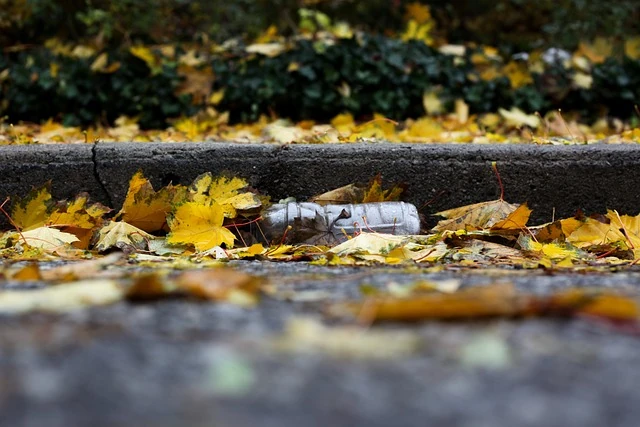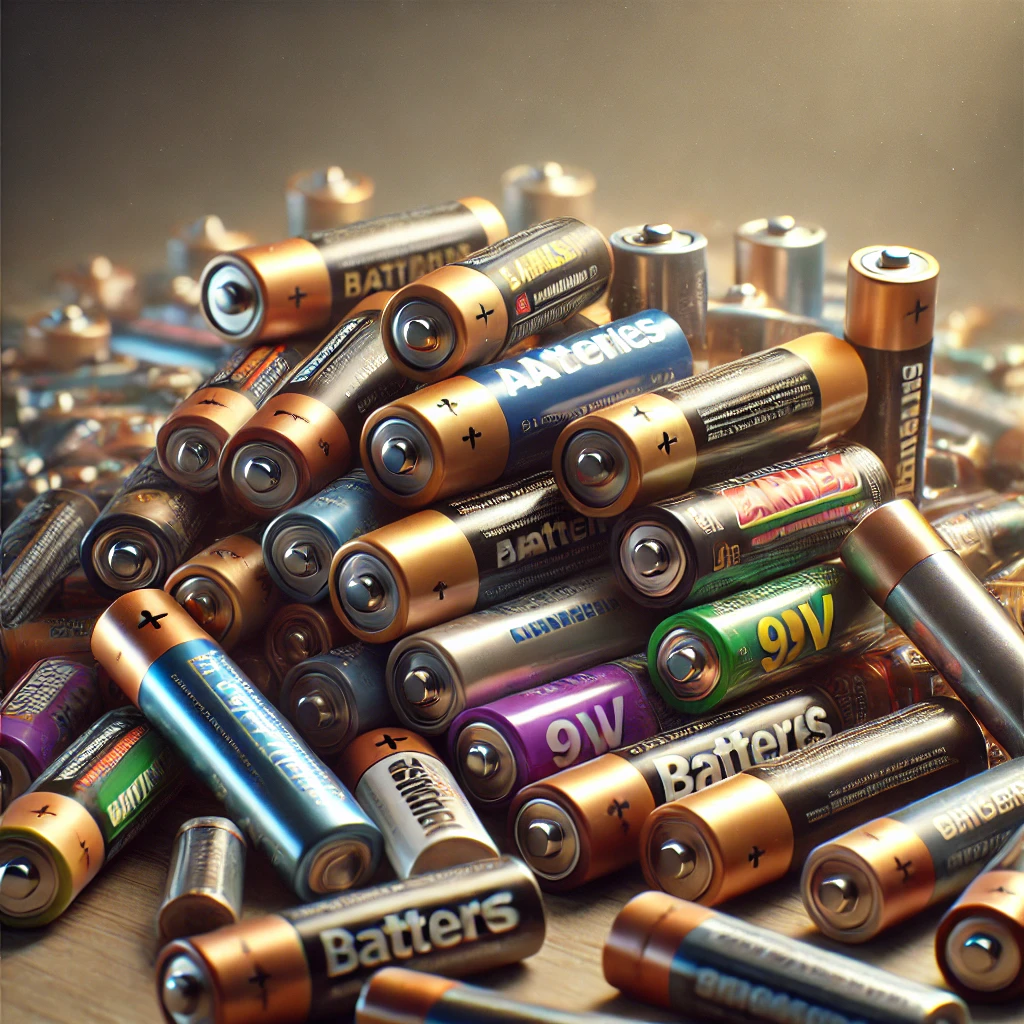Waste management in Europe - forecasts
As we approach the end of the year, it is worth mentioning what changes await the European Union in terms of waste management. These changes will not be abrupt, but gradual. However, they will certainly be significant. Three issues are to be addressed - fashion, packaging and batteries. The plans are ambitious, but will they all be realised? We invite you to read the article.

Recycling fashion
When it comes to textiles, the European Commission wants fashion companies to become more involved in the waste management process, either by collecting some of their textile waste or by paying a levy to support waste collection by local authorities. These changes are expected to take place by 2028. Importantly, a more focused approach is envisaged under Directive 2009/125/EC (Ecoproject Directive).
Products are to be designed with closed loop economyThey should be durable, reliable, reusable, repairable and upgradeable. They should also incorporate recycled materials.

Less is more
The packaging industry is constantly evolving, while generating more and more waste. A solution has therefore been proposed to reduce its environmental impact. The EU Packaging Directive aims to ensure that from 1 January 2030, all packaging will be designed for recycling.
Another solution also relates to achieving the 40% packaging waste recycling target by 2040 for takeaway packaging. Minimising the size of packaging in terms of both weight and volume also comes into play.

The third (or more) time lucky
Last, but not least in our list, are batteries. New regulations came into force this year. Under these, batteries are to be collected, reused and recycled. However, we feel that the EU has only touched the tip of the iceberg. Regulation 2023/1542 of 12 July 2023 concerning batteries and waste batteries is only the first step, in which the entire life cycle of batteries is mentioned.
From 2025, targets for their recycling efficiency and material recovery will be progressively met. By 2027, electronic products must have replaceable and removable batteries. This is to enable equipment to last longer, promote reuse and reduce electro-waste.
Based on the article "The circular economy is coming to Europe. Here's how" available at here







